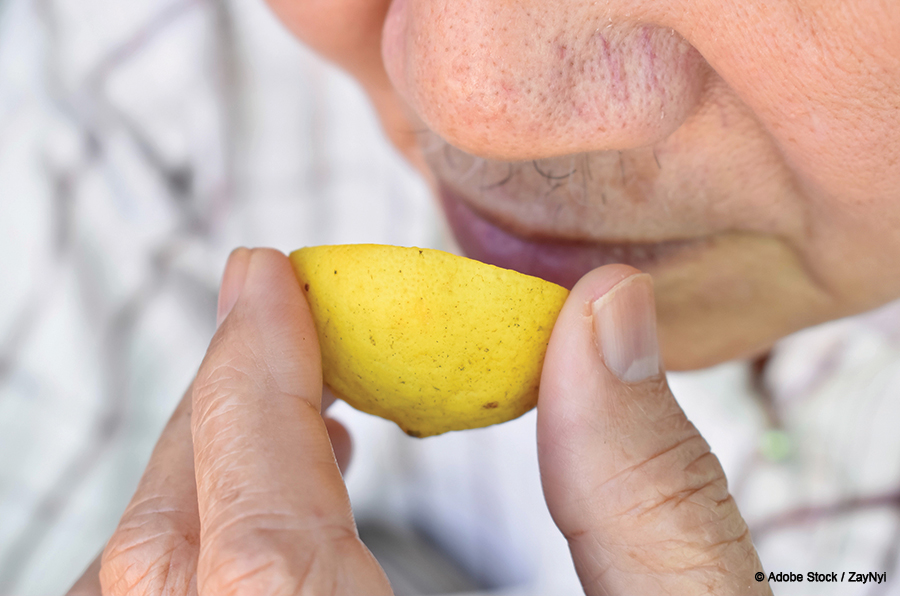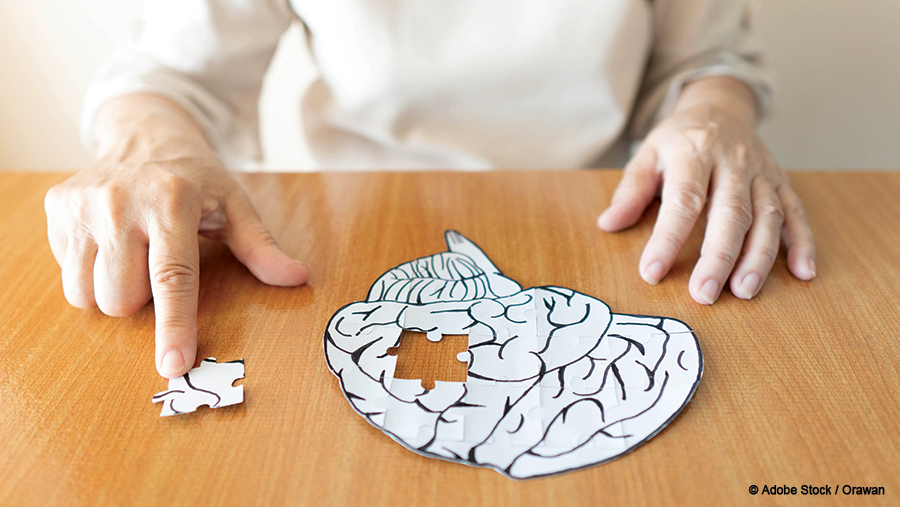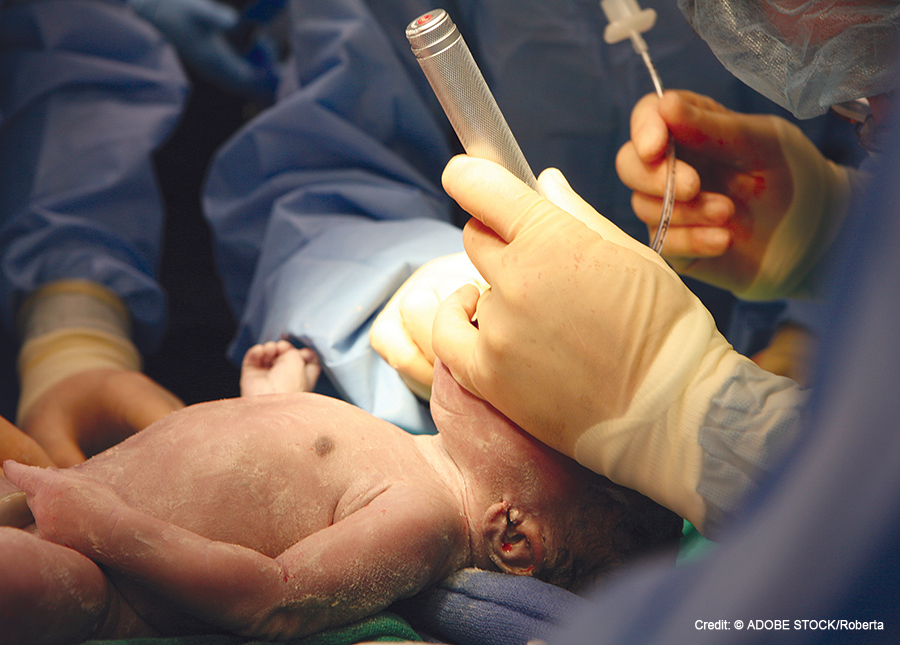By Sahiti Vemula, M4 An ode to every spirit that has lost their voice, but learned to make music instead. With a finger over his permanent tracheal stoma, turning his […]


By Sahiti Vemula, M4 An ode to every spirit that has lost their voice, but learned to make music instead. With a finger over his permanent tracheal stoma, turning his […]

By Ali Ahmadizadeh, MD Years ago, upon my arrival in Toronto, Canada, I visited an Iranian store. Like any expatriate, I was thrilled to immerse myself, even briefly, in an […]

In this article, we entertained the question of whether our trainees should be required to use extended reality (XR) technologies to achieve a certain level of proficiency before engaging with hands-on surgical experiences.

ENTtoday is adding two resident positions to its editorial board. The editorial board serves as a think tank for the publication, providing content ideas, editorial direction, and insight into the […]

ENTtoday has won an APEX Award of Excellence for writing on the health and medical topic for its Medical Device Misuse vs. Off-label Practice, written by Jennifer Fink for the […]

The American Academy of Otolaryngology–Head and Neck Surgery (AAO-HNS) recently issued a new clinical practice guideline for treating inhaled allergies with immunotherapy, aiming to provide physicians with trustworthy, evidence‐based recommendations.

A new study out of the University of Pittsburgh School of Medicine in Pennsylvania and published in JAMA Network Open examined the effectiveness of the use of spoken word cues and distinct odors in helping patients with MDD recover specific memories, and how they compared to each other.

Communicating bad news, like a new cancer diagnosis, to patients can have a major impact on their mental and physical well-being, but does the instrument of delivery matter? A study recently published in the Journal of General Internal Medicine decided to find the answer.

A new preliminary study at the American Academy of Neurology’s 76th Annual Meeting in Denver showed a positive association between sleep apnea and cognitive decline

Using a video laryngoscope, versus direct laryngoscopy, when intubating infants can increase the odds of a successful intubation on the first attempt